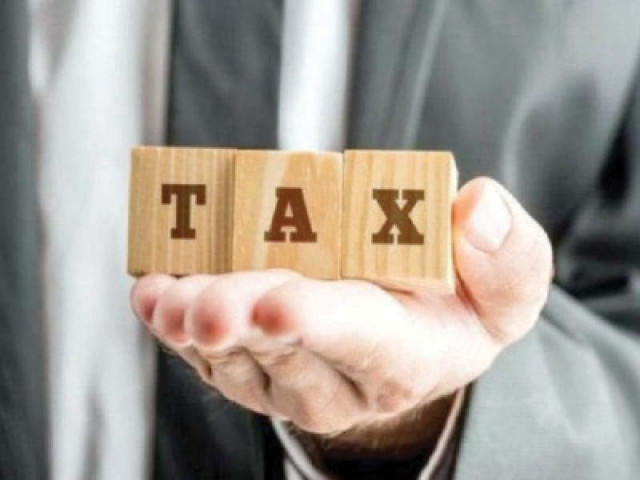Is Pakistan going to default in 2023?
International partners will not like such a situation due to security implications

Is Pakistan going to default in 2023? No, I would bet upon “not likely”, due to the following reasons.
Firstly, the current government would deploy all possible resources and efforts to avoid such an eventuality due to a heavy political cost, particularly in the context of forthcoming elections.
Secondly, the international partners of Pakistan would not like such a situation due to the potential negative implications for internal and external security.
Thirdly, the multilateral and bilateral donors are still hopeful for an economic recovery in Pakistan and would bet upon it rather than a default and losing repayments, albeit for some years.
Having said that, it is neither a time to be complacent nor such a situation is favourable. A patient incommaorinICUismoreofa concern than any other situation.
Default on sovereign debt is a difficult situation for any country and donors, but it is very much part of the global economic system, and there has been some countries which defaulted on sovereign debts in recent years.
In Pakistan, however, it has been politicised and raised to such a level of concern and debate that it sounds like catastrophic.
According to one school of thought, default by Pakistan at this stage may actually lead to better fiscal discipline and more responsible economic governance, while the other side of this debate is portraying the potential default in a very bleak manner.
Any common citizen would ask what can we do to avoid default, and the easiest and the most accurate response would be to stop taking further loans and generate revenue to meet current expenditure and forthcoming repayments of external and internal debt. Unfortunately, such an easy response is the most difficult governance issue in Pakistan.
It is difficult due to the fact that we are focusing on temporary solutions such as going to the IMF and other donors and friendly countries for bilateral support. We can easily track and trace the so-called brilliant efforts of successive governments in managing multilateral and bilateral donors and new form of support called friendly deposits.
How long can it last? Why not to focus efforts on managing our income and expenditure? Can we do so? Yes, absolutely yes. Are we doing it? No, absolutely not.
A single-digit tax-to-GDP ratio, with more than 60% of revenue generated through indirect taxes and GDP in excess of $300 billion, is the real point of concern, not the rounds of negotiations with the IMF. It may even sound redundant to say that we need to expand the tax and revenue base rather than the incidence and rates on current taxpayers.
At the same time, have we ever done a performance audit of public sector expenditure? The financial audits result in stories of misappropriations of billions of rupees every year and in almost every sector. However, a real performance audit would unearth much more astonishing stories.
There is hardly a concept of value for money in our public sector expenditure. For the sake of example, take any federal ministry and assess the expenditure on salaries of staff versus the non-salary but unproductive and overhead expenditure that goes unnoticed mostly.
As per my rough estimate, in the lead federal ministries, the unnecessary expenditure is almost four times than the necessary or staff-related expenditure.
The story about so-called public sector development expenditure is totally on another level. One should do a simple arithmetic of adding up all such expenditure and outlays in the last 50 years and the resulting figure should be more than enough to make every city of Pakistan like Paris or London and roads like those of Germany and the education and health systems like the ones in Europe and so on.
The reality, however, is unfortunately the response to the most common question, why are we here?
On this most common and most important question, why are we here and can we get out of such a debt trap, the most common reply is that it seems improbable. Simply, the numbers donotadduptocomeupwitha hopeful outcome.
A look at the budget deficit, high levels of inflation, lack of medium to short-term economic planning, and rupee devaluation does not result in any hopeful situation for the future unless there are sustained, sustainable and concerted efforts towards mitigation of the aforementioned challenges.
In the very near future, year 2023, the default on sovereign debt by Pakistan may be avoided or postponed due to the abovementioned factors; unfortunately, not for very long though, unless we look inwards rather than outwards.
THE WRITER IS AN INTERNATIONAL ECONOMIST


















COMMENTS
Comments are moderated and generally will be posted if they are on-topic and not abusive.
For more information, please see our Comments FAQ